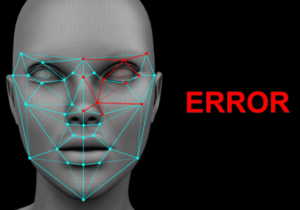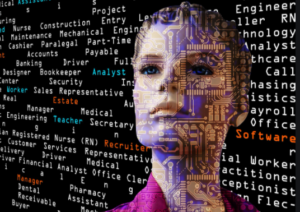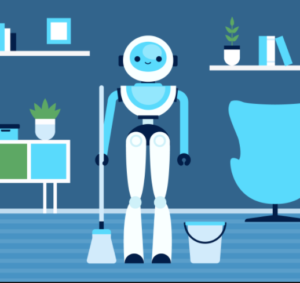At 27 years old, Omar bin Sultan Al Olama was appointed Minister of Artificial Intelligence (AI) in the United Arab Emirates in October 2017. His country, a pioneer in creating a ministry in this field, tries to place itself at the head of the AI in the world, seeking to unseat countries such as the United States or China, currently leaders in this technological race.
More recently, this February, professionals from the state of Kerala (India) have asked the Government of New Delhi to create a Ministry of Artificial Intelligence. The argument used is based on the fact that, in the very near future, more than half of the technological jobs will require knowledge in this field.
Meanwhile, China is taking steps to position its students in AI from preschool education with the publication of a collection of 33 textbooks that, starting from the kindergarten stage, cover all compulsory education. With this measure, they intend to democratize access to training in this area of study.
From birth to the globalization of the concept
Although there is no universally accepted definition of what AI is, a widely used one is the one that emerged at the scientific conference held at Dartmouth College in 1956.
During the years after this conference, the research community in this technological field experienced a stage of expectation due to the approach to developments of a general (or strong) artificial intelligence, capable of solving any type of problem. Some initiatives that ended up failing.
After times of great anxiety and frights, AI currently enjoys very good health, thanks in part to the development of the so-called machine learning or machine learning. This branch of artificial intelligence aims to develop computer programs capable of transforming data into statistical-computational models with which to make optimal decisions.
The growing accessibility to large volumes of data in a good number of scientific, social, economic, and industrial domains has led to machine learning methods that have transcended academic activity and have been implemented in a large number of companies in the most diverse fields, providing solutions to specific problems – in the field of weak artificial intelligence – with a high level of performance, many times higher than that of humans.
Today, AI is leading a technological revolution, and it is one of the disruptive disciplines that is mediating the transition to a new society and a new economy.
At the social level, this technology has broken into areas such as public administration, smart cities, education, and health. Meanwhile, a new booming economy is supported by applications of AI in energy and environment, security, tourism, and in an industry 4.0 model.
AI in national and community policies
Most advanced countries are designing policies to boost artificial intelligence. The European Union has recently published a strategy agreed by its member countries, each of which must announce it’s AI R & D & I policy by June this year. Furthermore, the EU has pledged to invest large amounts of money in trying to reduce the competitive advantage that both the United States and China currently have.
A central aspect of the European strategy lies in the consideration of the associated ethical issues and the need for the developments in artificial intelligence to be responsible, as well as understandable and interpretable for the human being.
Technological advances can lead to social and economic development only if the public sector is competent. AI can provide solutions and benefits for humanity, but it can also create more injustices, more economic gaps, and even become a threat to human survival.
Citizens and governments should be the ones to decide how to use it. For example, turning AI into a force for good and preventing industry from using the power that technology provides to influence government.
In 2016, Japan asked the G7 countries to develop ground rules to regulate AI. Although it is not yet clear what those rules should look like, if governments do not advance in the regulation and governance of AI, it will be this that ultimately becomes a ruler.
As an example, a robot endowed with artificial intelligence has been a candidate for mayor in the Tama district of Tokyo in 2018, promising justice for all and an end to corruption. He came in third place just 400 votes behind the second candidate.
When asked if it is pertinent to have a Ministry of Artificial Intelligence, and if we accept that the objective of a ministry is to try to organize, order, control, and promote areas of activity that deserve special attention due to their potential to improve the lives of people. citizens, it does not seem unreasonable to think that the answer should be yes.



